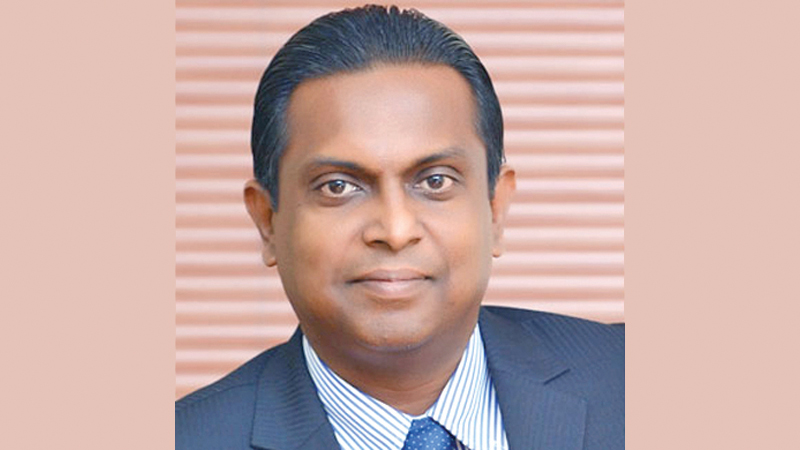- Managing cash is costly, hazardous and time-consuming
- Digital payments, an effective mode to eliminate fraud
The economy losses about 1.5% of the GDP annually to manage cash which includes ensuring security while handling and transporting cash and operating cash dispensation machines said a top official of LankaPay.
“This amount could be saved and used for productive ventures of the economy if the country transitioned to a fully digital economy using digital payments,” said LankaPay CEO Channa de Silva.
Officials of the Ministry of Digital Economy, ICTA and LankaPay were elated over the growth in the number of digital transactions and the number of state institutions linked to the GovPay, the online payment platform designed to facilitate transactions for government services at a media briefing in Colombo last week to announce plans for government digital payments.
However, despite the growth in digital transactions yet cash transactions remain a significant portion of payments in Sri Lanka indicating a large majority of payments yet rely on physical currency.
A strong reason for physical currency to dominate transactions yet is the lack of confidence among people that they could fall prey o fraudulent schemes ending up losing their hard earned money.
“There is no point of linking even 1,000 state institutions to the GovPay payment platform if people do not move to digital payments,” De Silva said.
The GovPay has rapidly scaled across the public sector onboarding over 50 government organizations and enabling around 700 active government services to be paid digitally.
To-date GovPay has processed 7,024 transactions collecting Rs. 65.62 million in revenue via seamless and secure digital payments.
According to the Deputy Minister of Digital Economy Eranga Weeraratne the Government’s aim is to reach Rs. I trillion in monthly transactions from the current Rs. 5-10 million payments done via GovPay.
“Reaching 50 state institutions across the country is not a about crossing a milestone, it is a signal that Gov Pay is leading the country’s drive towards building a cashless society,” the Deputy Minister said.
Among the top performing institutions linked to GovPay payment system are the University of Moratuwa, the Kotelawela Defence University, the Department of Technical Education and Training and the Apeksha Cancer Hospital each recording high transaction volumes and user trust.
With the introduction of the card payment option in addition to the current account-based payments GovPay will be more accessible and flexible to people by allowing them to make payments even from overseas using their credit/debit cards.
LankaPay will be the technology partner for the groundbreaking initiative which is expected to grow over 150 government organizations by the end of the year.
ICTA also announced promising progress on the online traffic fine payment system, a real time traffic fine issuance and payment system. Launched as pilot project in April this year across selected police divisions, the system has already processed 461 digital transactions collecting over Rs. 739,500. The project is in progress in Kurunegala, Anuradhapura, Dambulla, kekirawa and surrounding divisions.
Plans are afoot to cover all police divisions across the country for spot fine payments via the apps by September this year.
Police stations in the Western and Southern provinces are to be covered for spot fine payments by end of this month under phase one the program.








